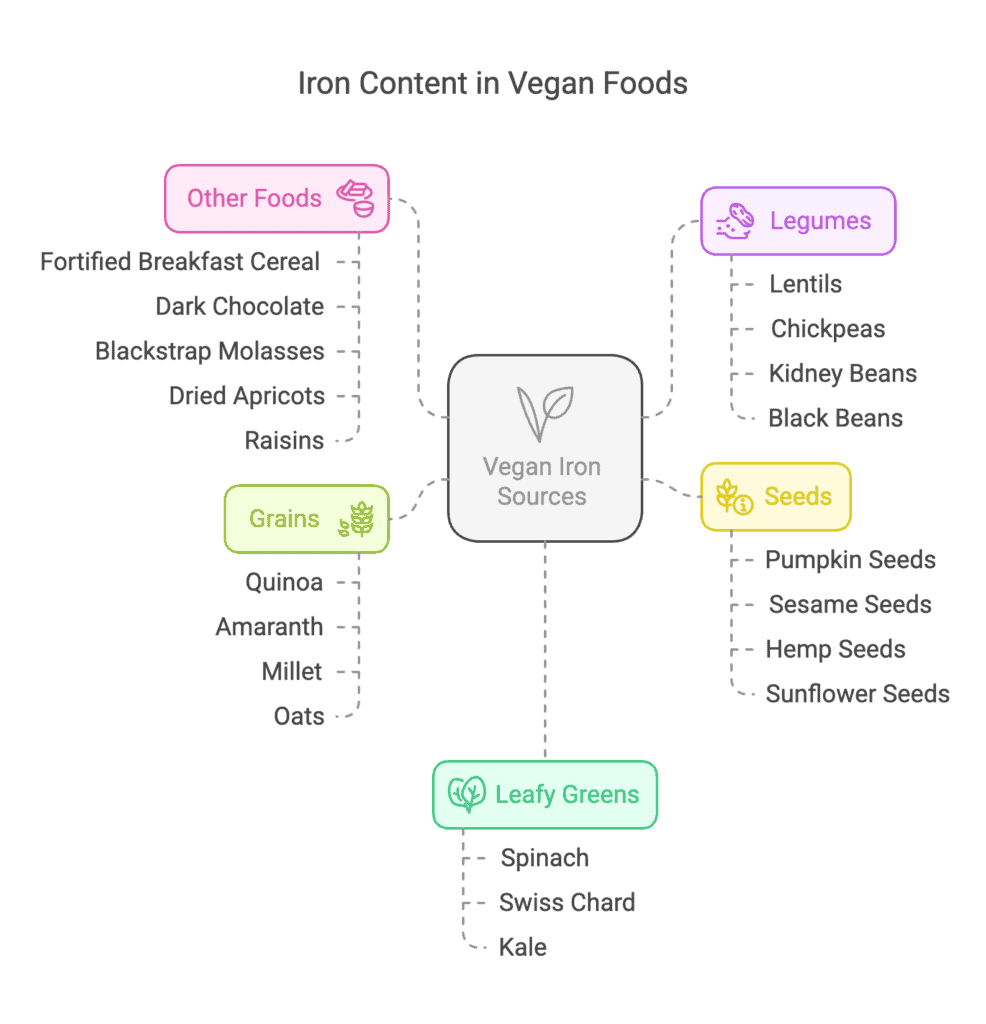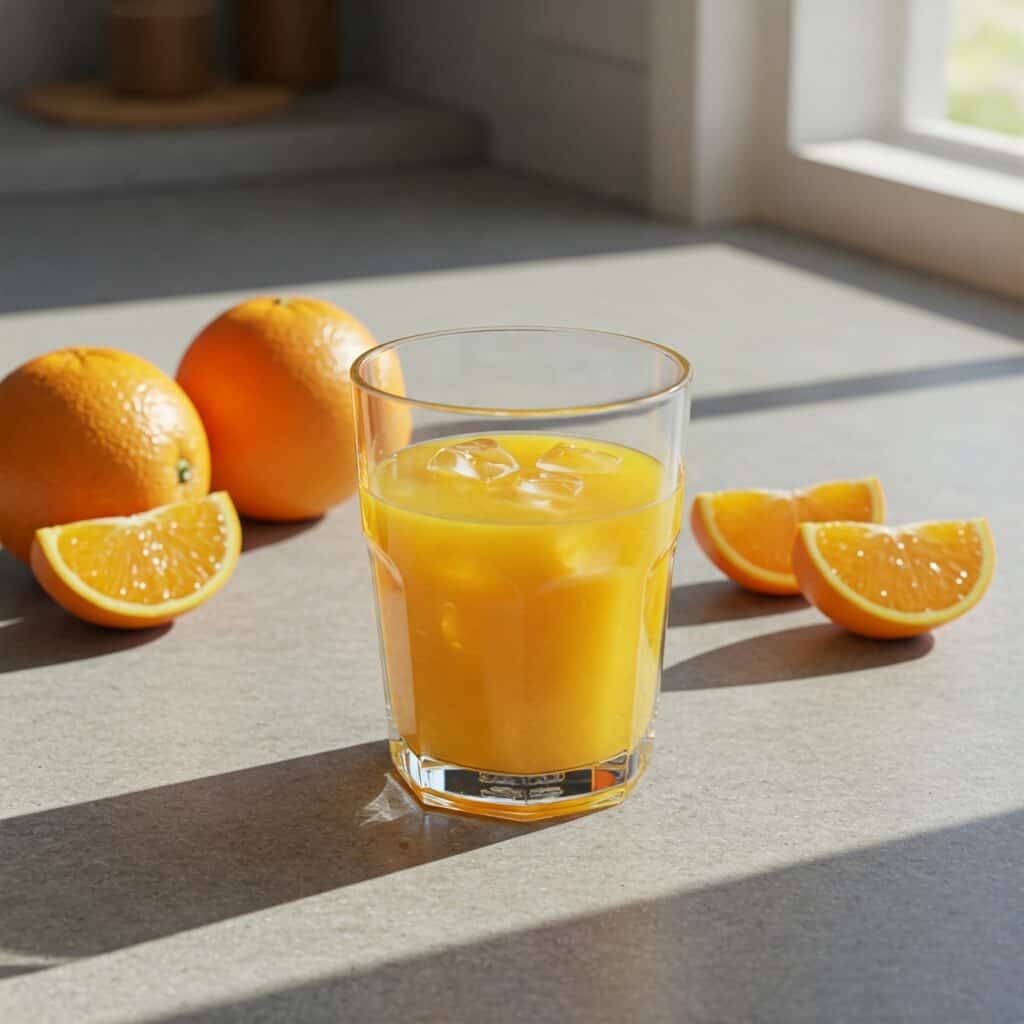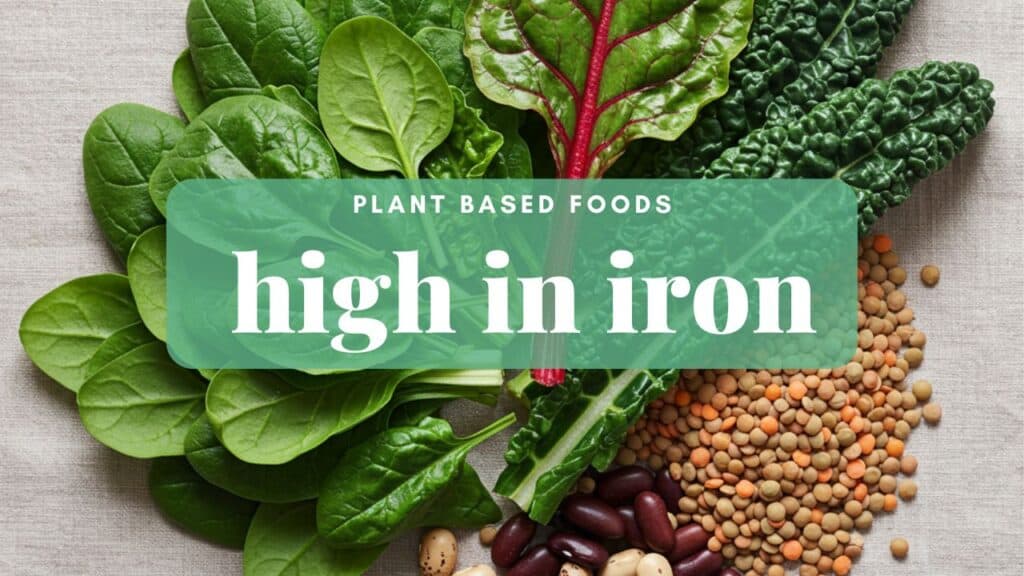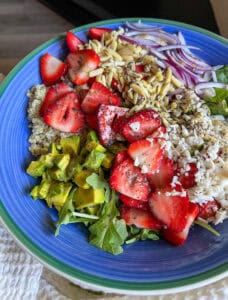Are you looking for the best plant based foods high in iron? Then you have come to the right place. Iron is an important mineral that supports red blood cells and muscle cells. In our busy lives, we need enough iron for overall health and vitality.
Understanding Iron and Its Importance
Iron is an essential mineral and one of the essential nutrients our bodies need for energy. It plays an important role in the immune system and helps protect against cardiovascular disease. A simple blood test can show your iron status and may indicate symptoms of iron deficiency. Low iron levels can lead to iron deficiency anemia and lower iron stores. Many medical conditions worsen with inadequate iron intake, so keeping an eye on your daily value is key.
There are different types of iron. Meat eaters often consume heme iron found in red meat and other animal products. However, plant-based foods provide non-haem iron. Even a vegetarian diet or a well-planned vegan diet can meet your iron needs when you combine iron-rich foods with vitamin c-rich foods to boost the absorption of non-haem iron.
Chart on Plant Based Foods High In Iron

Embracing a Plant-Based Diet for Iron
A plant-based diet focuses on plant-based foods that deliver an excellent source of iron. Many plant-based sources come from dark leafy greens and whole grains. Plant-based iron can be boosted when paired with vitamin c-rich foods. Citrus fruits and orange juice, for instance, enhance the absorption of iron from plant foods. This means that even without animal products, you can support red blood cells and overall health effectively.
Top Plant-Based Foods High In Iron
Here are some food items that are great sources of iron. Adding these food items to your meals helps you reach your iron needs while boosting your daily dietary intake:
- Dark leafy greens: Packed with non-haem iron, they boost iron levels and support red blood cells.
- Pumpkin seeds: These crunchy seeds deliver milligrams of iron in every serving.
- Sesame seeds: A tasty addition to dressings and snacks, sesame seeds are a great source of iron.
- Whole grains: They provide essential nutrients and contribute to your overall iron content.
- Blackstrap molasses: A natural sweetener that adds milligrams of iron to your grain bowls.
- Sweet potatoes: Besides beta carotene, they offer a touch of iron.
- Bok choy: A versatile vegetable that works well in stir-fries and supplies iron.
- Kidney beans and white beans: Legumes that fit perfectly into a vegetarian diet.
Enhancing Iron Absorption
Pair your iron-rich meals with vitamin c-rich foods like citrus fruits and bell peppers. Orange juice is another vitamin c-rich food that enhances the absorption of iron. Even small servings of vitamin c-rich foods can help boost the absorption of non-haem iron from plant-based sources. If needed, some individuals may consider iron supplements after consulting their healthcare provider.

Tips to Meet Your Iron Needs
Do you know your iron needs? A combination of dark green leafy vegetables, whole grains, and other iron-rich foods can help meet your iron needs. Both meat eaters and those following a vegetarian diet can benefit from these choices. Mixing a variety of food items into your grain bowls or breakfast cereal is a simple way to reach adequate iron intake. For those with lower iron stores or symptoms of iron deficiency, consulting a healthcare provider is essential.
Top 30 Vegan Food Sources of Iron
Below is a chart listing the top 30 vegan food sources of iron along with their iron content per 100 grams. This guide introduces you to a bountiful harvest of vegan foods that are rich in iron and will help you create delicious, healthy meals.
| Vegan Food Source | Iron Content (mg/100g) |
|---|---|
| Spinach (cooked) | 3.6 |
| Swiss Chard (cooked) | 1.8 |
| Kale (cooked) | 1.5 |
| Lentils (cooked) | 3.3 |
| Chickpeas (cooked) | 2.9 |
| Kidney Beans (cooked) | 2.6 |
| Black Beans (cooked) | 2.1 |
| Tofu (firm) | 5.4 |
| Tempeh | 2.7 |
| Edamame (cooked) | 2.3 |
| Quinoa (cooked) | 1.5 |
| Pumpkin Seeds | 8.8 |
| Sesame Seeds | 14.6 |
| Hemp Seeds | 8.0 |
| Sunflower Seeds | 5.0 |
| Fortified Breakfast Cereal | 10.0 |
| Blackstrap Molasses | 4.7 |
| Dried Apricots | 2.7 |
| Raisins | 1.9 |
| Dark Chocolate (70-85% cocoa) | 11.9 |
| Amaranth (cooked) | 1.6 |
| Millet (cooked) | 0.6 |
| Oats (cooked) | 4.3 |
| Whole Wheat Bread | 3.6 |
| Broccoli (cooked) | 1.0 |
| Brussels Sprouts (cooked) | 1.2 |
| Peas (cooked) | 1.5 |
| Sweet Potatoes (cooked) | 0.7 |
| White Beans (cooked) | 3.7 |
| Bok Choy (cooked) | 1.2 |
Top Iron Plant-Based Supplements
This table highlights some of the top plant sources of supplements for boosting iron levels. These supplements deliver whole food iron along with other essential nutrients that support red blood cells, overall iron status, and your immune system.
| Supplement Name | Iron Content (mg/serving) | Form of Iron | Additional Nutrients | Important Info |
|---|---|---|---|---|
| Garden of Life Vitamin Code Raw Iron | ~22 mg | Whole Food Iron | Vitamin C, B vitamins, antioxidants | Vegan, Non-GMO, whole food formula |
| New Chapter Perfect Food Iron | ~16 mg | Plant-Based Iron | Organic vegetables, herbs, vitamin C | Fermented for gentler digestion |
| MegaFood Blood Builder | ~12 mg | Non-Haem Iron | Folate, vitamin C, organic herbs | Whole food supplement; supports red blood cells |
| Floradix Iron + Herbs | ~10 mg | Liquid Iron | Herbal extracts, vitamin C, B vitamins | Liquid formula for easy absorption |
| NutriGold Iron Complex | ~20 mg | Chelated Iron* | Natural antioxidants, vitamin C | Vegan; designed for high absorption rates |
*Note: “Chelated Iron” here refers to plant-based complexes that enhance absorption of non-haem iron
Final Thoughts: Plant Based Foods High In Iron
Boosting your iron levels naturally is achievable with plant-based foods high in iron. A mix of dark leafy greens, seeds, and whole grains offers much iron in every bite. By choosing good sources of iron from plant-based sources, you protect your red blood cells, support your immune system, and improve heart health. Remember to pair these with vitamin c-rich foods to maximize the absorption of non-haem iron. A regular blood test can help monitor your iron status and guide your dietary intake.
Source For Plant Based Foods High In Iron:
The data for this list was sourced from the USDA Food Composition Databases, which provide nutrition information for various foods. This database is widely used by nutritionists, dietitians, and researchers. Other sources that provide similar information include the USDA National Nutrient Database for Standard Reference and the European Food Safety Authority.
It’s important to keep in mind that these sources may have slight variations in their measurements and also, it’s always recommended to check with a healthcare professional before making any dietary changes or if you suspect you may have an iron deficiency.




